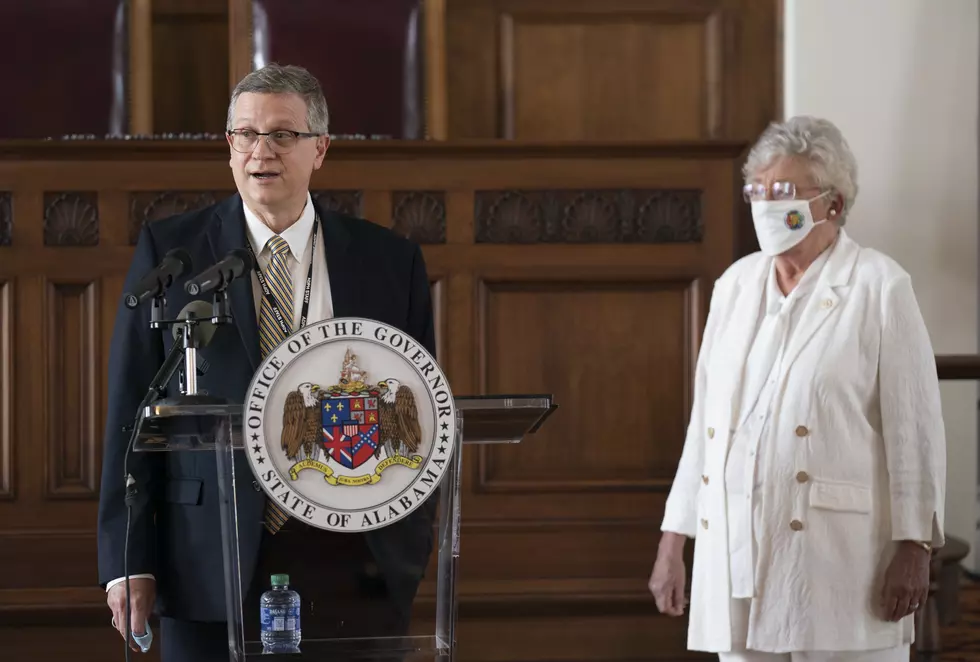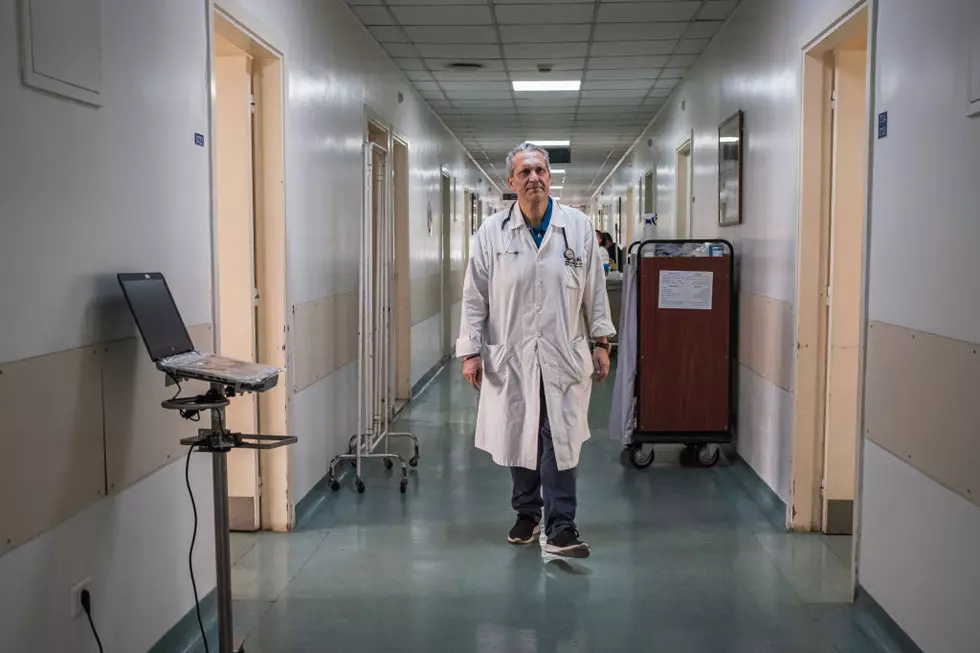
Coronavirus Recovery Varies by State: What’s Alabama Doing Wrong?
Governmental response to the coronavirus pandemic has varied from state to state as certain stressors from unemployment and economics to plain old politics have influenced community leaders to take different courses of action.
In states like New York, California and Washington, where the country saw its first major spikes, governors reacted by enforcing strict lockdown protocols. In New York, all businesses closed except for what the state called "essential businesses," which consisted of hospitals, grocery stores and select public spaces.
However, not all states implemented such strict guidelines simply because the case numbers were not as high. Just a month after its first confirmed patient back on Feb. 29, New York saw 51,193 confirmed positive cases. In Alabama, it would take the state until mid-July to surpass 50,000 cases after it reported its first positive case on March 17.
The number of new cases per day in New York has dropped sharply, though -- after a peak of more than 11,000 new cases reported on April 11th alone, the state has trended sharply downward, and has not reported more than 1,000 new cases in a single day since early June.
In Alabama, the trend is going the other way. After a slow April and May, daily cases began to steadily rise in June and especially July. On Thursday alone, Alabama reported 1,923 new positive cases.
One of the most hotly contested factors in coronavirus recovery is the need for facial coverings in public spaces. After months of advocating for personal responsibility, Alabama Gov. Kay Ivey on July 15th issued a statewide mandate that requires all persons to wear masks in public spaces and when a six-feet distance is not feasible between non-household parties.
"I also remember saying that you shouldn’t have to be ordered to do what is in your own best interest and in the best interest of those you know and love," Alabama Gov. Kay Ivey said during a press conference. "Well folks, I still believe this is going to be a difficult order to enforce, and I always prefer a personal responsibility over a government mandate."
That order was amended this week to last until August 31st.
From July 13 to July 28, the Alabama Department of Public Health reported over 25,000 new cases during the two-week span forcing the state to extend the "Safer at Home" order. Dr. Scott Harris, Alabama's State Health Officer, added that his team saw a spike of 1,345 positive cases overnight.
"I think there’s a question as to whether we maybe are flattening out a little bit over the past three to four days," Harris said. "I think it’s a little early for us to say that."
Regardless of where the numbers stand, Harris said that there will likely not be an end to these restrictions until cases drastically lessen. Ivey asserted that one way to get to the finish line is to abide by the mask order, maintain good hygiene and social distance as much as possible.
"We just must remain vigilant if we’re going to get our kids back in school and keep our economy open," Ivey said. "And wearing a mask can’t hurt, but it sure can help."
Ivey and her team are expected to review and amend the extension as its deadline draws closer. Stay tuned to this site and station for more updates as they become available.

More From Alt 101.7









